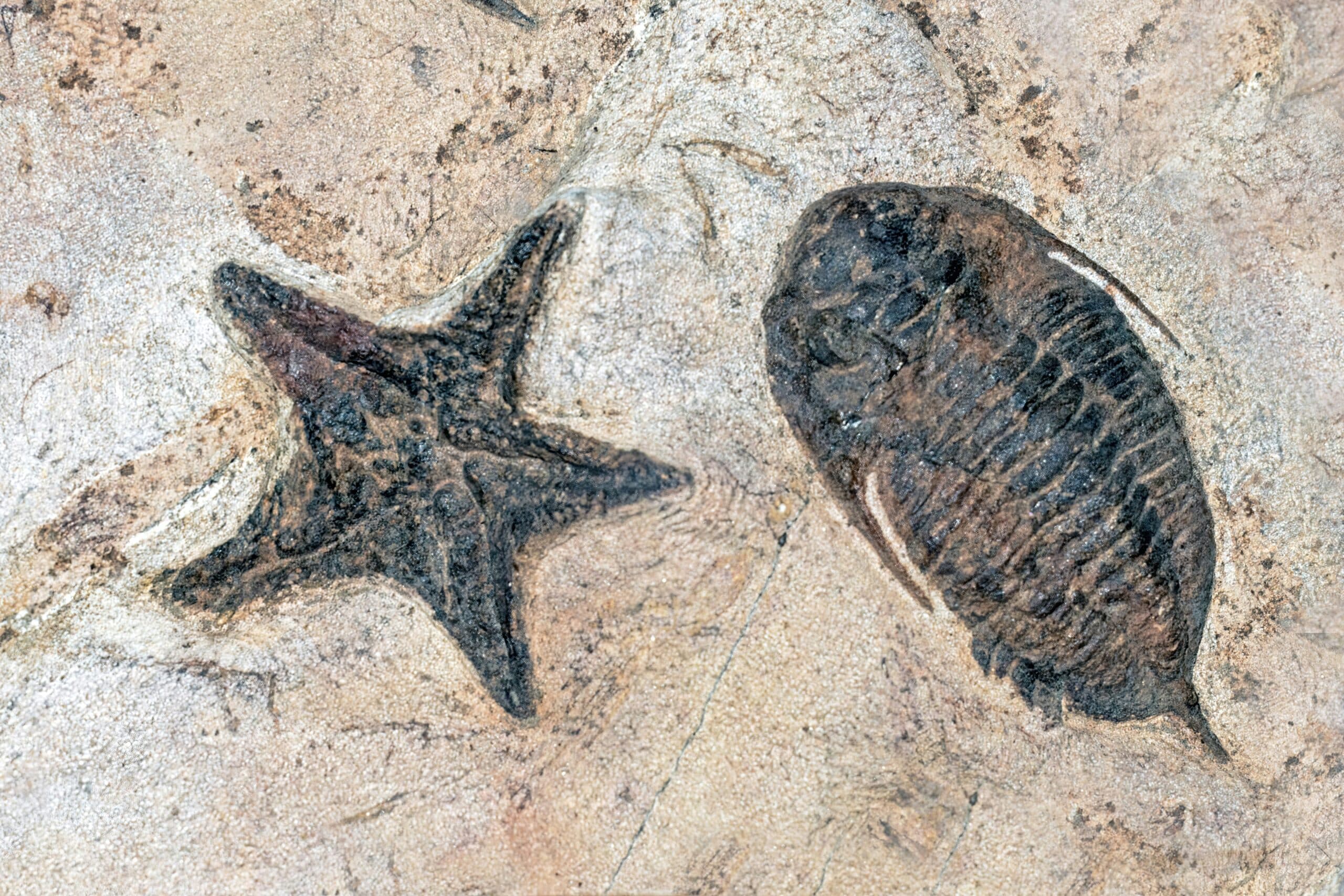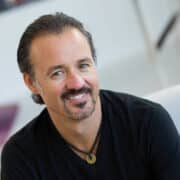
Episode #136
How PUFAs and Vegetable Oils Negatively Impact Health
Brad Marshall, a molecular biologist and pig farmer who aims to cut down the amount of PUFAs in our meat supply, sits down with Dr. Anthony Gustin to chat about the exact mechanisms at play when we consume harmful vegetable oils.

Guest
Brad Marshall
If you’re a regular listener of this podcast, then you’ve heard me talk to a few experts about how vegetable oils are wreaking havoc on our health.
Those discussions shed light on a growing problem but I knew I wanted to dive in deeper, which is exactly what this episode is all about.
I sit down with Brad Marshall, a molecular biologist and pig farmer who aims to cut down the amount of PUFAs in our meat supply, to dive into the exact mechanisms at play when we consume harmful vegetable oils.
Brad and I talk about how these vegetable oils are sneaking into our systems through our food supply and what happens when they enter our body.
So you’ll learn about how they disrupt health on a cellular level and where they wreak havoc once they’re there.
You’ll also discover the surprising differences between linoleic acid levels in organic and conventionally grown meat, how our fat cells respond to these foreign substances, and what the latest research shows.
Brad also chats about the differences between different fats, such as saturated fat, polyunsaturated fats, and monounsaturated fats and so much more.
Brad and I go down a rabbit hole into some deep scientific tangents so if you’re someone who loves to nerd out like us, this episode is for you.
On average, most chicken is around 20% polyunsaturated fat and most pork is around 16%. Share on XAs you’ll hear about in this episode, Brad is a jack of all trades. He went to Cornell to study molecular biology and then eventually went off to start his own charcuterie business and opened up several restaurants.
He even branched out into pig farming, started The Croissant Diet, and became a food historian along the way.
Brad is incredibly knowledgeable in this space, which is why I knew I had to get him on the show.
When you tune in, you’ll discover
- Brad’s background in molecular biology and how he found himself interested in this space
- Brad also shares his experience with opening a charcuterie business to going on to opening restaurants and then eventually starting his own farm and what he learned along the way
- The differences in American pork and European pork and why that happens
- Polyunsaturated fats in vegetable oils and how they get into our food supply
- Saturated fats, monounsaturated fats, and polyunsaturated fat differences
- How the fat in a ribeye steak compares in monounsaturated fat and saturated fat
- Which is higher in saturated fat: dairy or beef?
- What happens when conventionally raised meat is fed a diet of corn and soybeans
- Bioaccumulation of linoleic acids and how this affects us
- How the body fat composition of Americans has changed since the 60s, 90s, and up until now and why that happened
- The problem with pigs and poultry when conventionally grown
- What changes with organically grown meat
- Hyperlipids
- The electron transport chain
- Basic components of converting chemical energy from fat
- Glycolysis
- How linoleic acid creates improper signals in the body
- Linoleic acid, stearic acid
- The mechanisms behind insulin resistance in fat cells
- Reactive oxygen species
- Lipogenesis
- What happens when you eat starch
If you enjoyed this episode, subscribe to the Natural State Podcast on iTunes to get automatic updates. Use Android? Click here to subscribe on Stitcher and here to subscribe on Google Play Music.
Mentioned in This Episode
- Brad Marshall’s website
- Brad Marshall’s Twitter and Instagram
- Reddit discussion on saturated fats
More Resources
- The Natural State Podcast Episode 103: Dr. Cate Shanahan – Why Vegetable Oils are at the Root of Serious Health Conditions
- The Keto Answers Podcast Episode 020: Nina Teicholz – Embracing Saturated Fat and Why Our Nutrition Policy Is Wrong
- Is Soybean Oil Unhealthy? What the Science Says
- The Natural State Podcast Episode 078: Robby Sansom – The Benefits of Regenerative Agriculture
- The Natural State Podcast Episode 095: Will Harris – Regenerative Agriculture and Why More Farms Should Switch to this Eco-Friendly Model
- The Natural State Podcast Episode 109: Anya Fernald – Why Regenerative Farming is the Future of Meat







